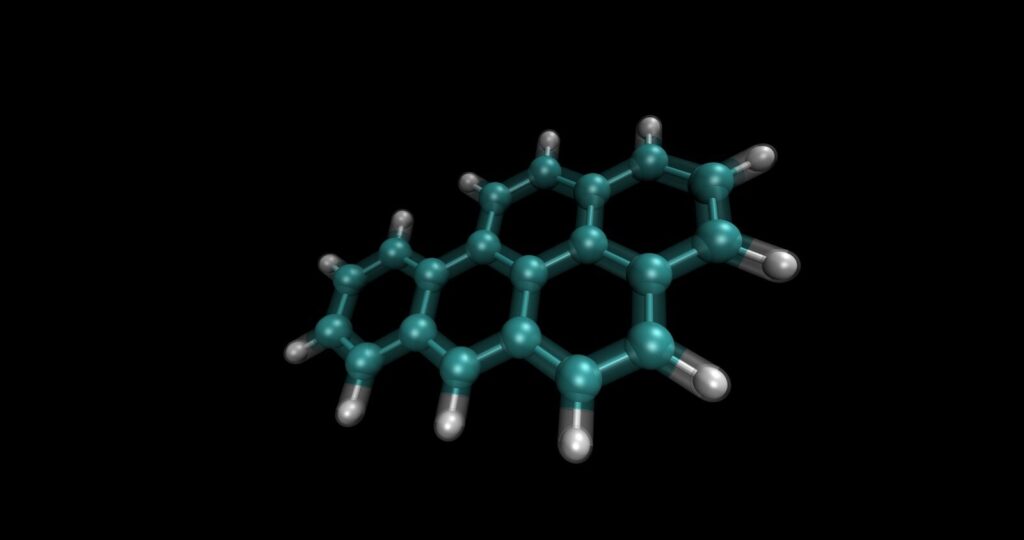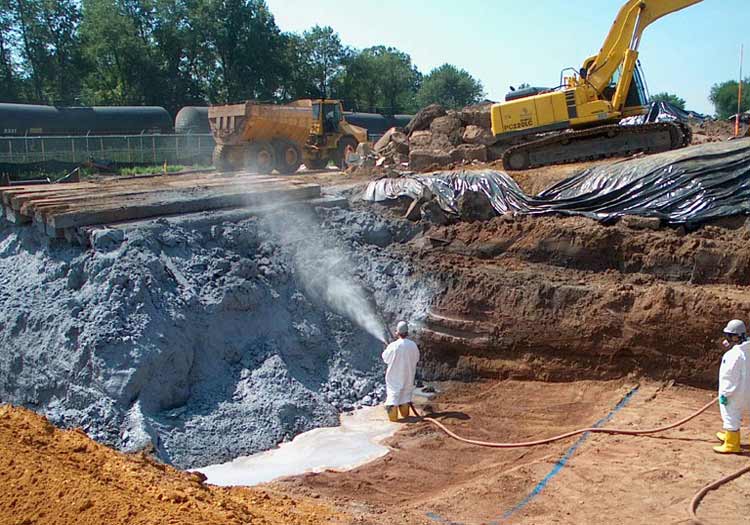Ban on Trichloroethylene: What It Means for Chemical Companies
Published on February 24, 2026 by Dr. Ahmad Mahmood

Introduction
The ban on trichloroethylene is now a regulatory reality in the United States. On October 31, 2023, the U.S. Environmental Protection Agency proposed a full prohibition of trichloroethylene under the Toxic Substances Control Act. The final rule was issued on December 9, 2024, marking one of the most sweeping solvent restrictions in decades.
This action directly affects chemical manufacturers, industrial degreasing operators, aerospace suppliers, and distributors. More importantly, it signals a structural shift in solvent markets and regulatory risk management.
Understanding the timeline, legal authority, and business implications of the ban on trichloroethylene is now essential for strategic planning.
Regulatory Timeline and Scientific Basis
Key Dates
- June 2020: EPA finalized its risk evaluation for TCE under amended TSCA
- October 31, 2023: EPA proposed a nationwide ban on trichloroethylene
- December 9, 2024: Final rule issued prohibiting most manufacturing, processing, and distribution
- 2025 to 2034: Phased compliance timelines depending on application and sector
Most uses will be phased out within 1 to 5 years. Limited critical applications may receive time bound exemptions, but the direction is clear: near total market removal.
Why TCE Was Targeted
Trichloroethylene is a chlorinated solvent widely used for:
- Metal degreasing
- Vapor degreasing in aerospace
- Adhesives and sealants
- Refrigerant intermediates
However, decades of toxicological data show that TCE:
- Causes kidney cancer
- Damages the liver
- Impairs immune function
- Harms fetal development
- Contributes to neurological toxicity
EPA concluded that these risks remain unreasonable even with protective equipment in place. Therefore, the ban on trichloroethylene was determined necessary under TSCA’s strengthened 2016 amendments.
Environmental and Economic Impacts
Environmental Implications
TCE is one of the most common groundwater contaminants in the United States. It is frequently detected at:
- Superfund sites
- Former manufacturing facilities
- Military installations
Because TCE is denser than water, it sinks and creates persistent contamination plumes. These are technically difficult and expensive to remediate.


By preventing future releases, the ban on trichloroethylene is expected to:
- Reduce long term groundwater liabilities
- Lower vapor intrusion risk in homes
- Decrease hazardous waste generation
- Cut future remediation costs
Over time, this reduces systemic environmental risk.
Economic Impact on Chemical Companies
Short term financial impacts include:
- Reformulation expenses
- Capital investment in new cleaning systems
- Equipment retrofitting
- Supply contract restructuring
- Potential asset write downs
For firms heavily reliant on chlorinated solvents, revenue displacement may be significant.
However, long term dynamics may favor adaptive companies. The ban on trichloroethylene is likely to:
- Accelerate green chemistry markets
- Increase demand for safer alternatives
- Reduce toxic tort litigation risk
- Improve ESG risk profiles
Investors increasingly price chemical regulatory risk into valuations. Early adaptation reduces transition volatility.
Real World Precedents and Global Context
European Restrictions
The European Union has restricted TCE for years under chemical safety frameworks. Industry responses there included:
- Rapid solvent substitution
- Improved closed loop cleaning systems
- Stronger supply chain documentation
The US ban on trichloroethylene mirrors global tightening of hazardous solvent regulation.
US State Actions Before Federal Rule
Before the 2024 federal rule, several states restricted TCE in consumer and industrial products. These state actions provided early signals that national regulation was likely.
Companies that anticipated federal action have already begun transitions, gaining competitive advantage.
Challenges Facing Chemical Companies
Technical Substitution Barriers
Not all TCE applications have simple replacements. Performance requirements in aerospace, electronics, and precision machining create constraints.
Common challenges include:
- Flammability risks with alcohol based solvents
- Reduced cleaning efficiency
- Material compatibility issues
- Certification and validation timelines
Transition periods up to 10 years for certain critical uses acknowledge these realities.
Financial and Operational Risks
Companies must assess:
- Inventory exposure before phase out deadlines
- Contract obligations beyond compliance dates
- Workforce retraining needs
- Insurance implications
Public companies also face expanded disclosure obligations regarding regulatory risk.
Legacy Liability Concerns
The ban on trichloroethylene may intensify scrutiny of historical contamination. As regulatory attention increases, cleanup enforcement may follow.
Firms with past TCE operations should proactively review environmental reserves and remediation strategies.
Strategic Pathways for Industry
1. Accelerate Alternative Solvent Adoption
Evidence based alternatives include:
- Aqueous cleaning systems
- Hydrofluoroethers
- Modified alcohol blends
- Supercritical CO2 systems
While initial costs are higher, lifecycle exposure risk is lower.
2. Upgrade Process Controls
Closed loop vapor degreasing systems and emission capture technologies can:
- Reduce worker exposure
- Minimize fugitive emissions
- Improve solvent recovery efficiency
Capital investment now reduces long term compliance risk.
3. Integrate Regulatory Foresight Into ESG Strategy
The ban on trichloroethylene demonstrates that high hazard chemicals face increasing restriction globally.
Companies should:
- Conduct portfolio hazard screening
- Align R&D with safer chemistry
- Improve chemical transparency reporting
- Stress test revenue under future chemical bans
Proactive adaptation strengthens investor confidence.
4. Engage in Transition Planning
Industry participation during implementation is critical. Compliance deadlines, essential use exemptions, and technical guidance all benefit from stakeholder input.
Constructive engagement improves regulatory clarity.
Frequently Asked Questions
When was the ban on trichloroethylene finalized?
The EPA finalized the rule on December 9, 2024, following a proposal released on October 31, 2023.
How long do companies have to comply?
Compliance timelines vary. Most uses phase out within 1 to 5 years, while limited critical uses may have longer transition periods extending toward 2034.
Are all uses prohibited?
Nearly all manufacturing, processing, and distribution uses are banned. Some narrowly defined essential applications may receive temporary allowances.
What industries are most affected?
Aerospace, automotive manufacturing, metal degreasing services, chemical intermediates, and solvent distributors face the largest impacts.
Conclusion
The ban on trichloroethylene represents a decisive regulatory shift in US chemical policy. Proposed in October 2023 and finalized in December 2024, it accelerates the transition away from high hazard chlorinated solvents.
Although the adjustment imposes short term compliance costs, it also reduces long term environmental liability and strengthens chemical safety standards. Companies that move early, invest in safer chemistry, and integrate regulatory foresight into strategy will emerge more resilient.
Now is the time for chemical manufacturers and downstream users to conduct exposure assessments, accelerate solvent substitution, and align operations with the post TCE regulatory landscape.